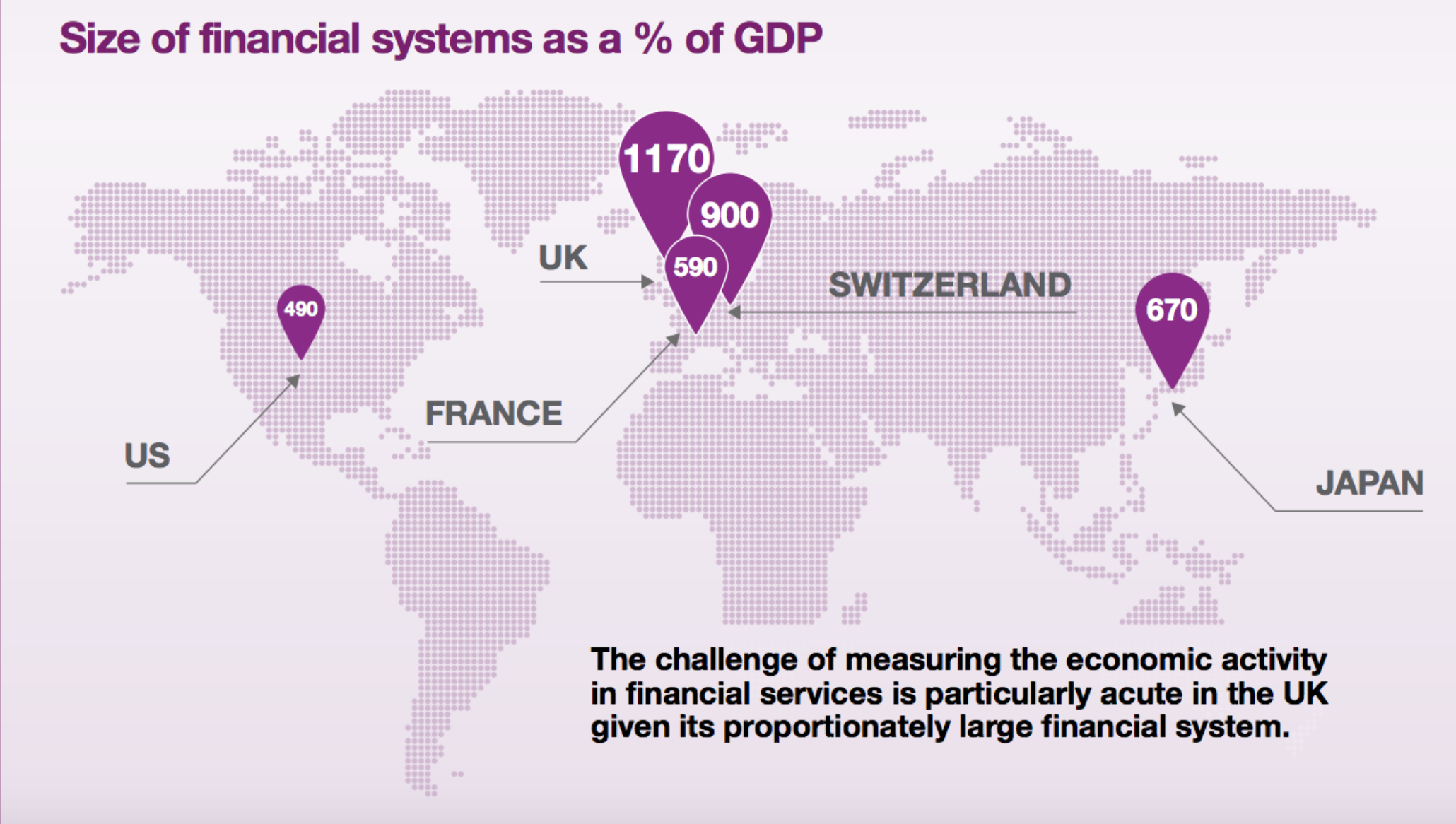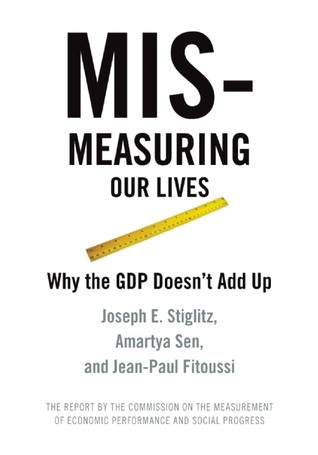

This is possibly stretching the definition of “book,” but at 259 pages, the Bean Review of Economic Statistic certainly has the heft to be classed as one. Either way, it’s worth a post here. This is not only because it covers one of my favorite subjects, GDP, but also because it signals a milestone in economic thinking.
Since the 2009 report of the Sen-Stiglitz-Fitoussi Commission (summed up in the book Mismeasuring Our Lives: Why GDP Doesn’t Add Up) there has been some policy traction for the “Beyond GDP” agenda, not least because it builds on a long-standing set of critiques from environmentalists and researchers on well-being. Indeed, this week’s Economist argues for including unpaid “home production” in GDP, something debated in the 1940s and campaigned for by feminist economists ever since.

The Bean Review is to my mind more radical because it questions the “GDP” part. It contains considerable detail (and kindly citing some of my work) on the multiple ways conventional national income accounting is more and more a mismatch for the structure of the economy–looking at intangibles, the gap between market output and consumer surplus, the production boundary, the consequences of digitization and lack of business model invariance of the statistics, and more.

There is a great deal of interest in the question of economic measurement now. The additional challenge to the existing statistics from the digital sector has helped with policy traction–although it does mean the GDP question is seen largely through the prism of whether mis-measurement “explains” the productivity slowdown–as in this new paper by Byrne, Fernald, and Reinsdorf: “Does the United States Have a Productivity Slowdown or a Measurement Problem?” These are not mutually exclusive in the way the title suggests. There’s an embarrassment of possible causes of the productivity slowdown, ranging from demographic trends to under-investment related to the crisis, and it isn’t sensible to consider that measurement issues predominate.
More interesting than how much of current measured productivity growth is due to mis-measurement is the deeper question of whether the national accounts definitions remain the best way to conceptualize a largely service-based, increasingly intangible, increasingly customized and globalized economy, while failing to measure systematically non-market activities when the production boundary is blurring, and ignoring entirely the depletion of capital in the form of infrastructure or natural capital. (That’s a rhetorical question.) The Bean Review essentially poses the same question and indicates firmly that the United Kingdom and the ONS should take the lead in the debate. I’m a stats geek of sorts, but to me that seems very exciting. As Mario Pisani of the Review team tweeted:
UK was pioneer of national accounting – we need to take stats ‘back to the future’ or miss parts of modern economy https://t.co/Ln4u5xqhN5
— Mario Pisani (@Mario_Pisani) March 11, 2016

Originally published at www.enlightenmenteconomics.com on March 11, 2016. Please note that this piece is not available for republication under the terms of a Creative Commons license, as per most of How We Get To Next’s content.


How We Get To Next was a magazine that explored the future of science, technology, and culture from 2014 to 2019. This article is part of our Made of Money section, which covers the future of cash, finance, economics, and trade. Click the logo to read more.
